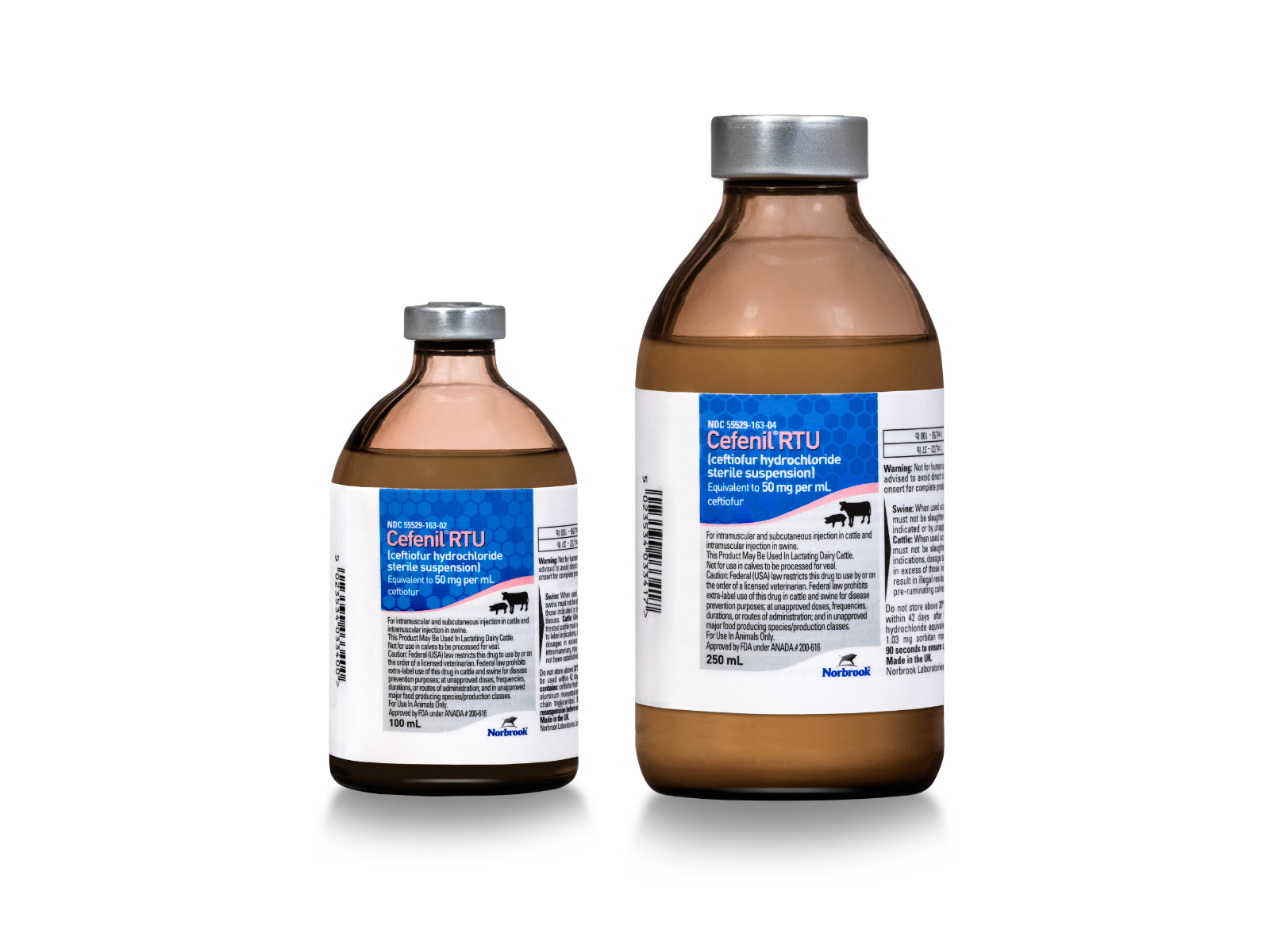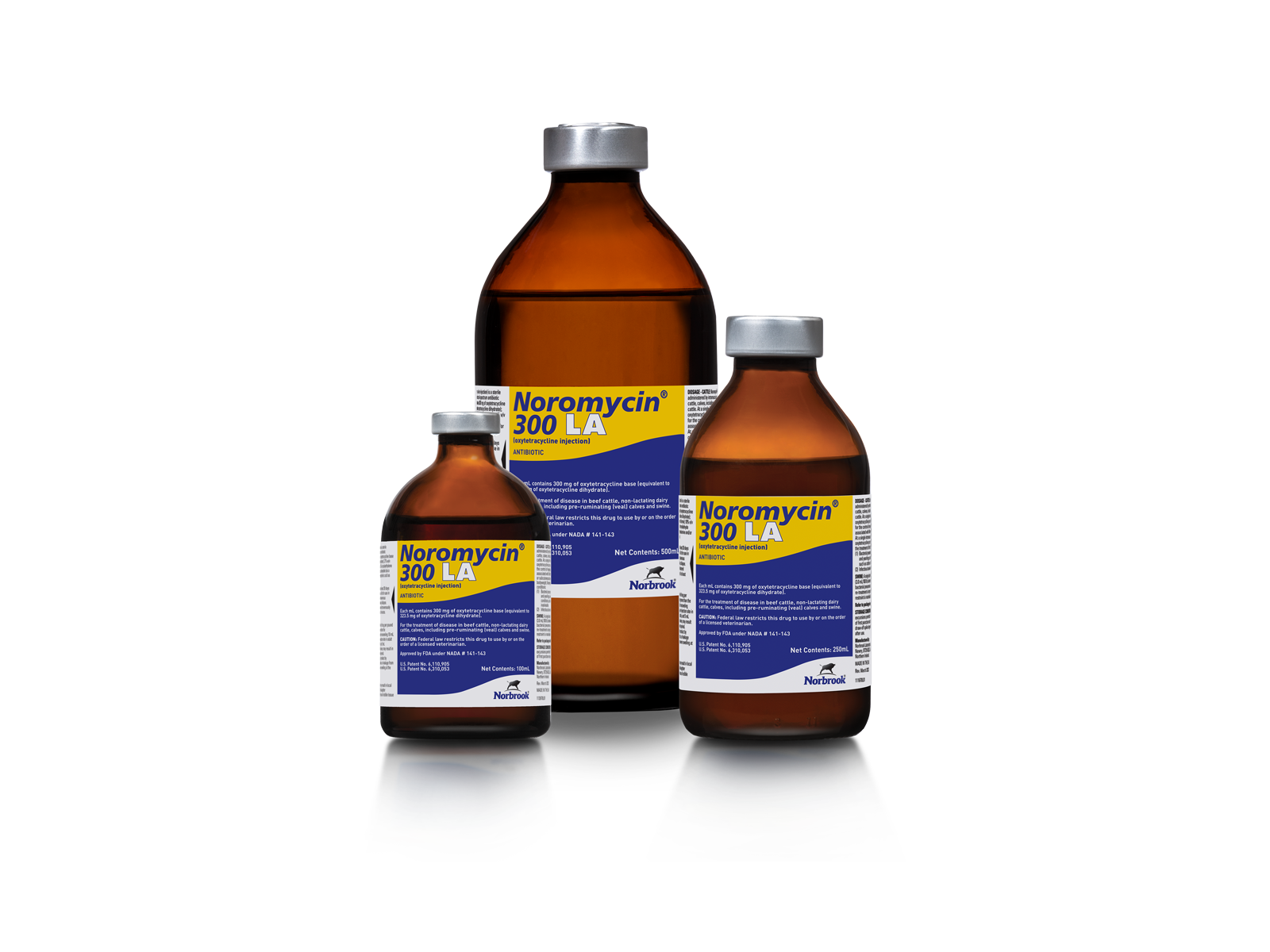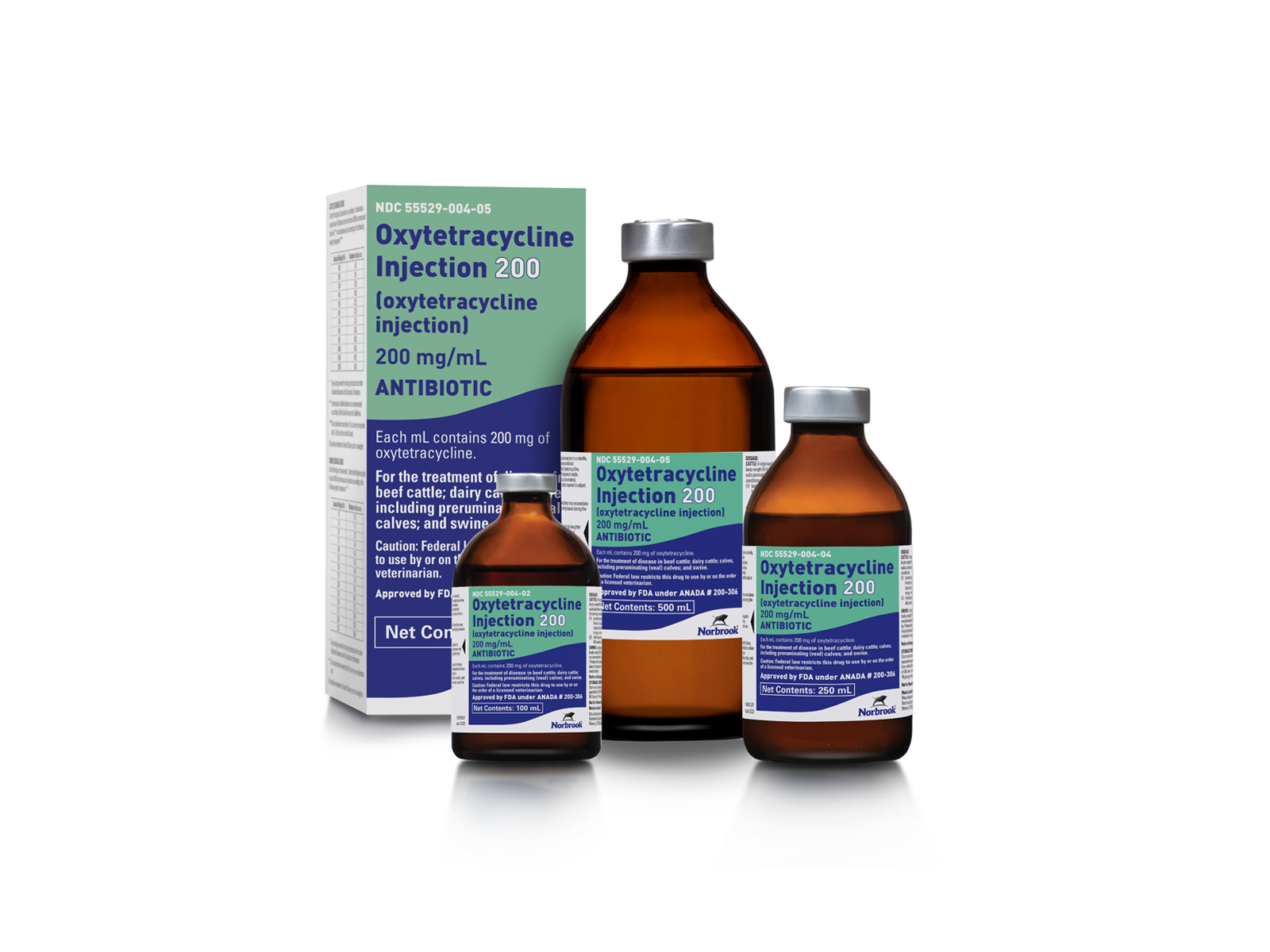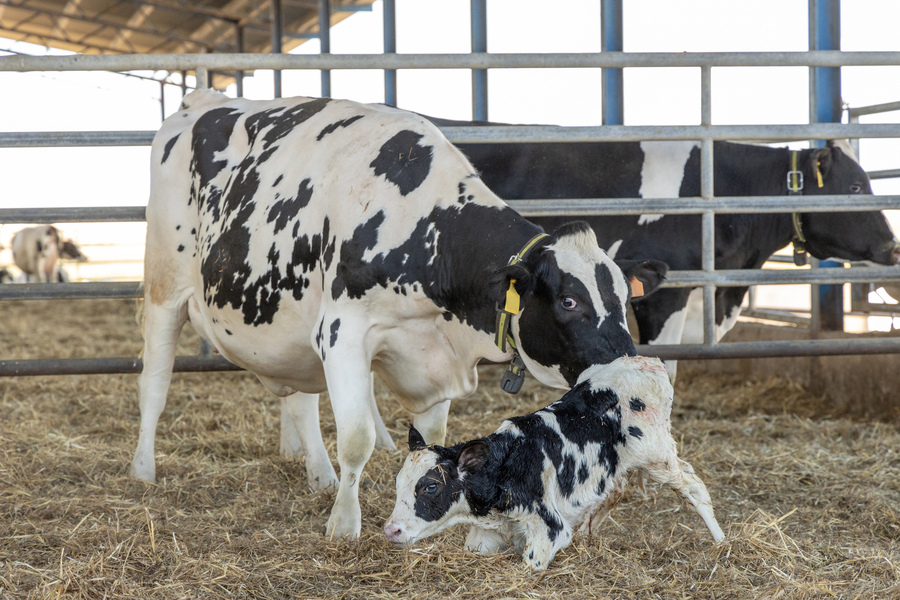
Metritis in Cattle
What is Metritis?
Bovine metritis, or uterine infection, is most common in the two weeks post-calving. During the process of parturition, introduction of bacteria of sufficient quantities and profile can contribute to the development of metritis in some animals and may or may not include systemic signs of toxemia. The cow’s immune status, bacterial load, and environment have an epidemiological role to play. Metritis can predispose a cow to other post-partum complications, and prevalence has been reported anywhere between 10 and 40% of animals.1,2
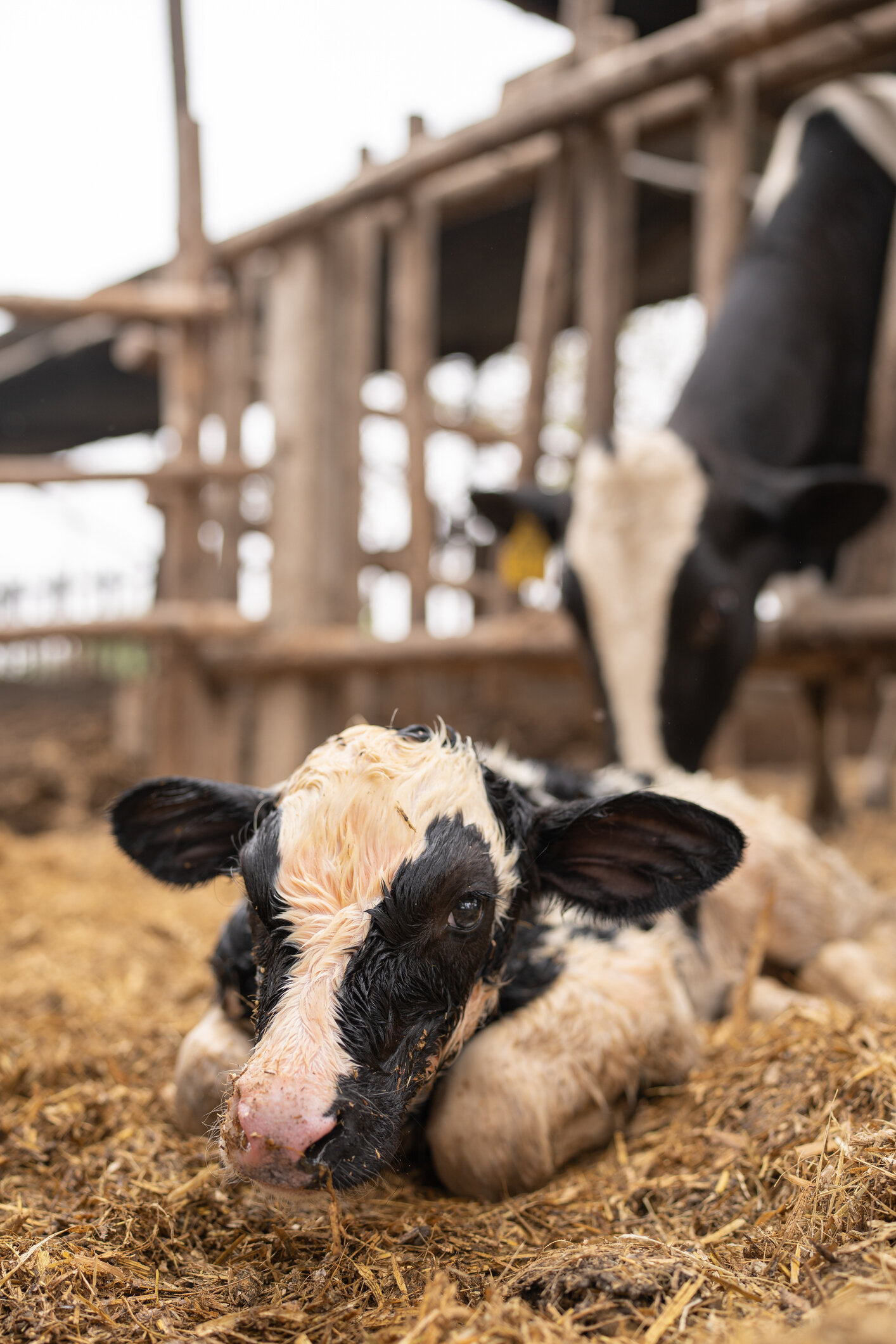
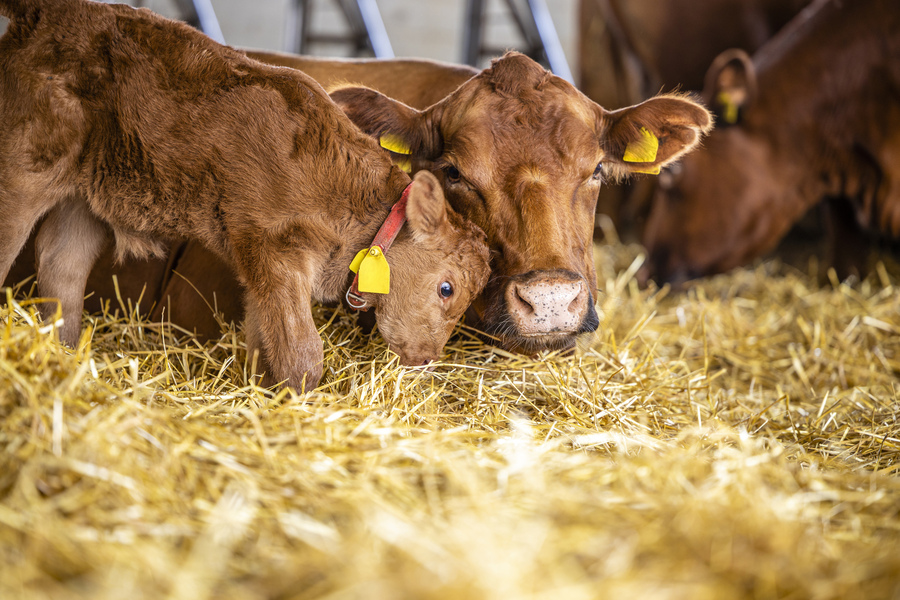
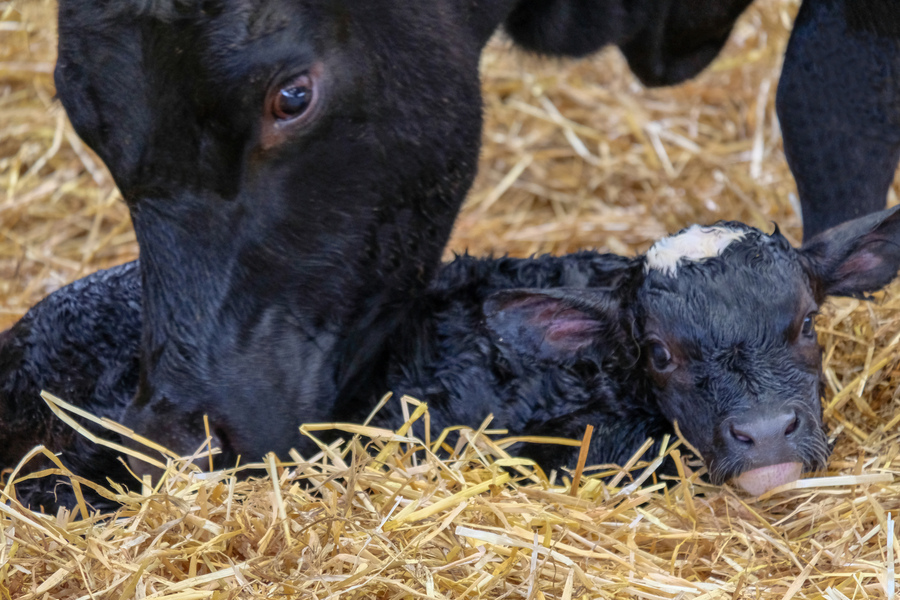
Economic Impact of Metritis
The financial impact of metritis stems from lost production: reduced conception rates, increased days open, insemination costs, culling rates, replacement costs, and veterinary expenses.1
Understanding Metritis
Learn more about the disease, causes, signs, treatment options and how to control metritis
References:
1 I. Martin Sheldon, Erin J. Williams, Aleisha N.A. Miller, Deborah M. Nash, Shan Herath. Uterine diseases in cattle after parturition. The Veterinary Journal 2008; 176:115–121.
2 Zwald NR, Weigel KA, Chang YM, Welper RD, Clay JS. Genetic selection for health traits using producer-recorded data. I. Incidence rates, heritability estimates, and sire breeding values. J Dairy Sci 2004; 87:4287–94.
Safety Information
Cefenil® RTU (ceftiofur hydrochloride sterile suspension)
CAUTION: Observe label directions and withdrawal times. Not for use in calves to be processed for veal. As with all drugs, the use of Cefenil® RTU (ceftiofur hydrochloride sterile suspension) is contraindicated in animals previously found to be hypersensitive to the drug. Download product labeling here for full product information.
Noromycin® 300 LA (oxytetracycline injection)
CAUTION: Federal law restricts this drug to use by or on the order of a licensed veterinarian. Observe label directions and withdrawal times. Not for use in lactating dairy animals. Adverse reactions, including injection site swelling, restlessness, ataxia, trembling, respiratory abnormalities (labored breathing), collapse and possibly death have been reported. See product labeling here for full product information.
Oxytetracycline Injection 200 (oxytetracycline injection)
CAUTION: Federal law restricts this drug to use by or on the order of a licensed veterinarian. Observe label directions and withdrawal times. Adverse reactions, including injection site swelling, restlessness, ataxia, trembling, swelling of the eyelids, ears, muzzle, anus and vulva (or scrotum and sheath in males), respiratory abnormalities (labored breathing), frothing at the mouth, collapse and possibly death have been reported. See product labeling here for full product information.
The Norbrook logo, Cefenil and Noromycin are registered trademarks of Norbrook Laboratories Limited.
003-25-132



